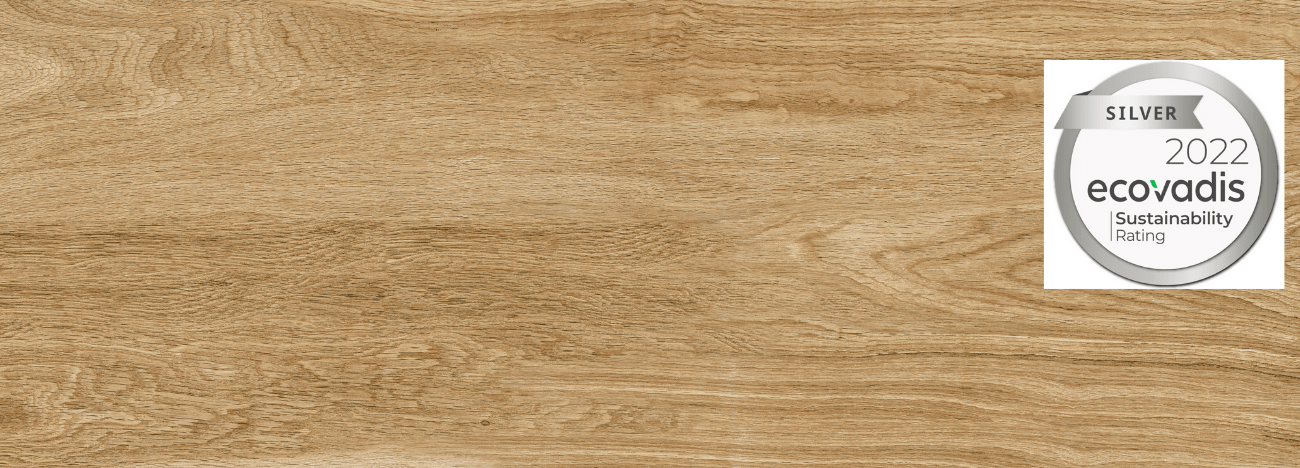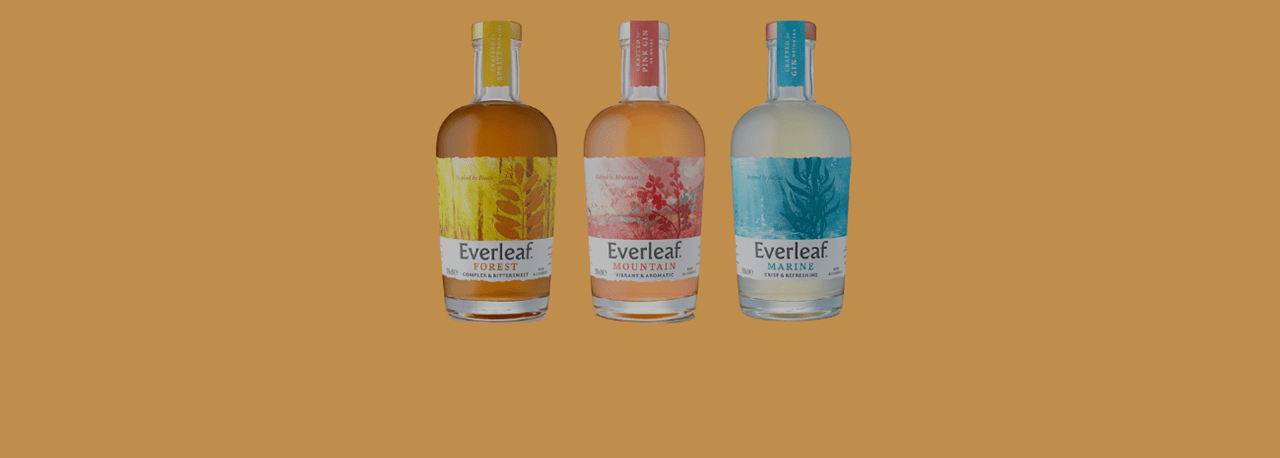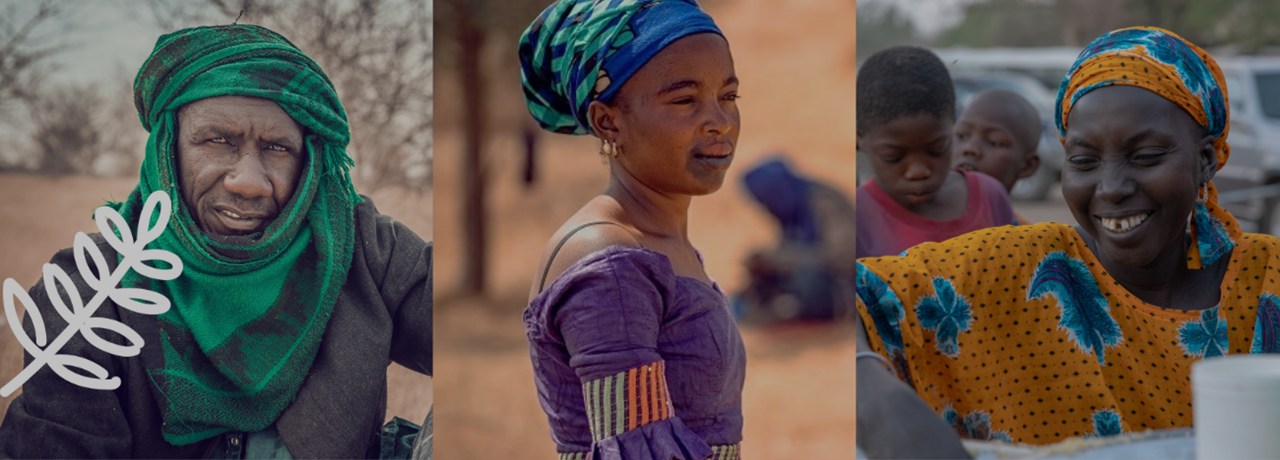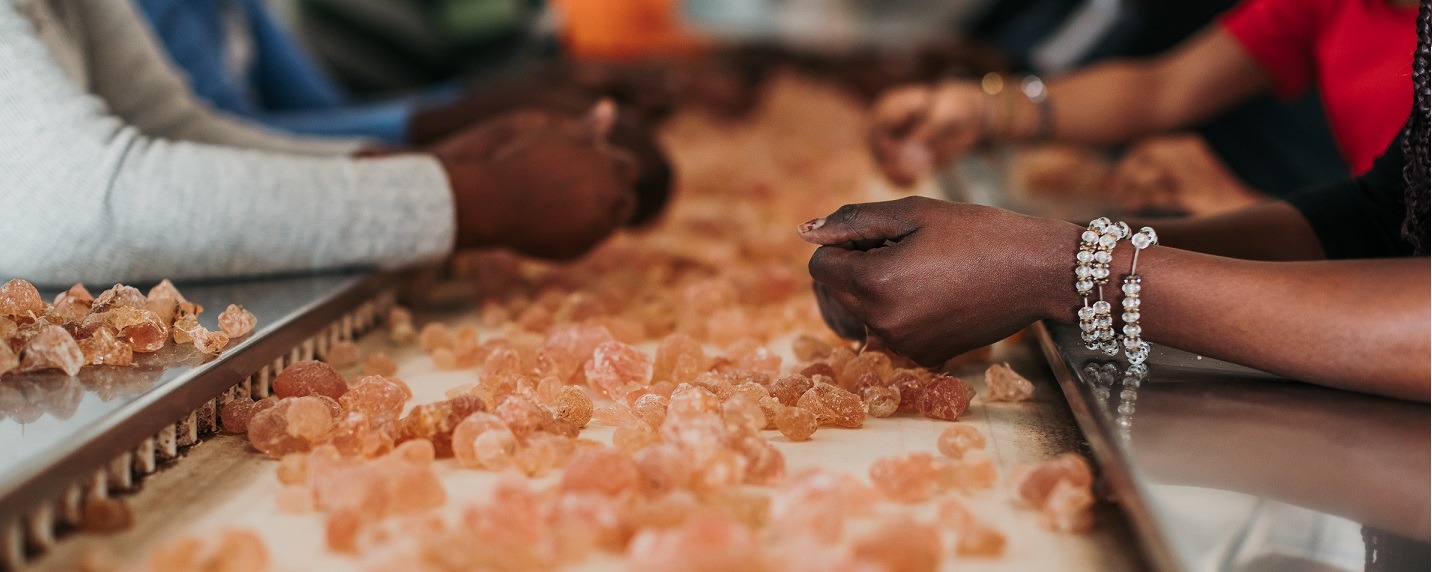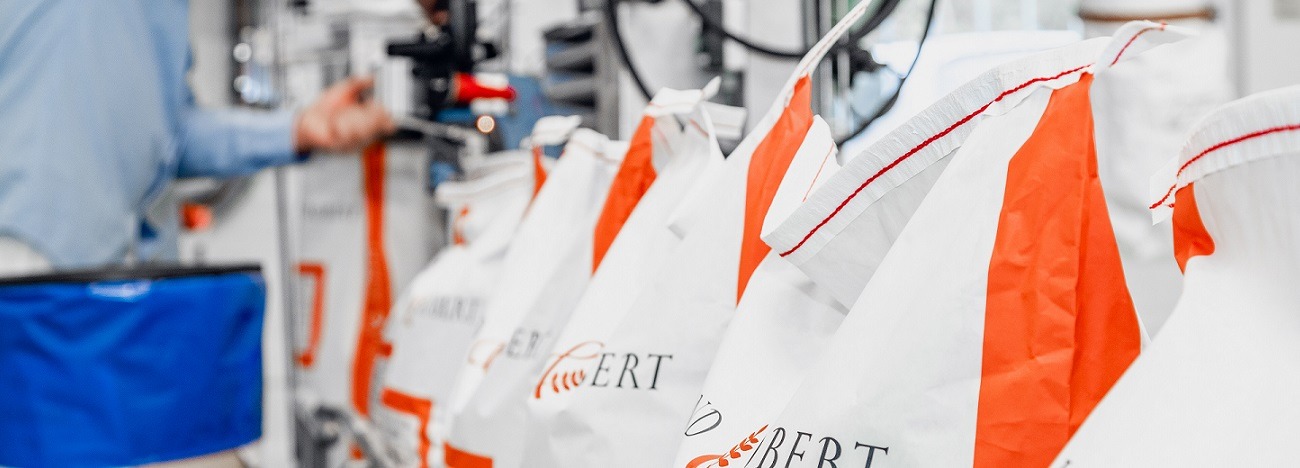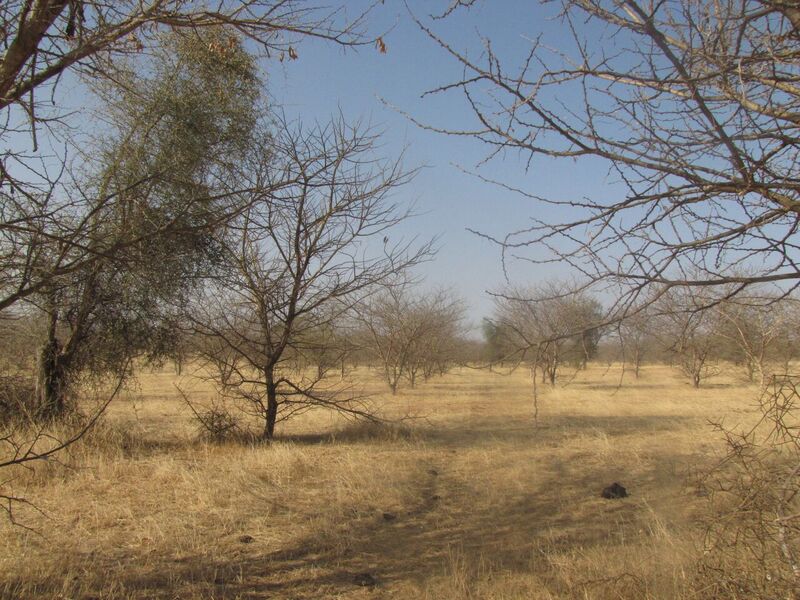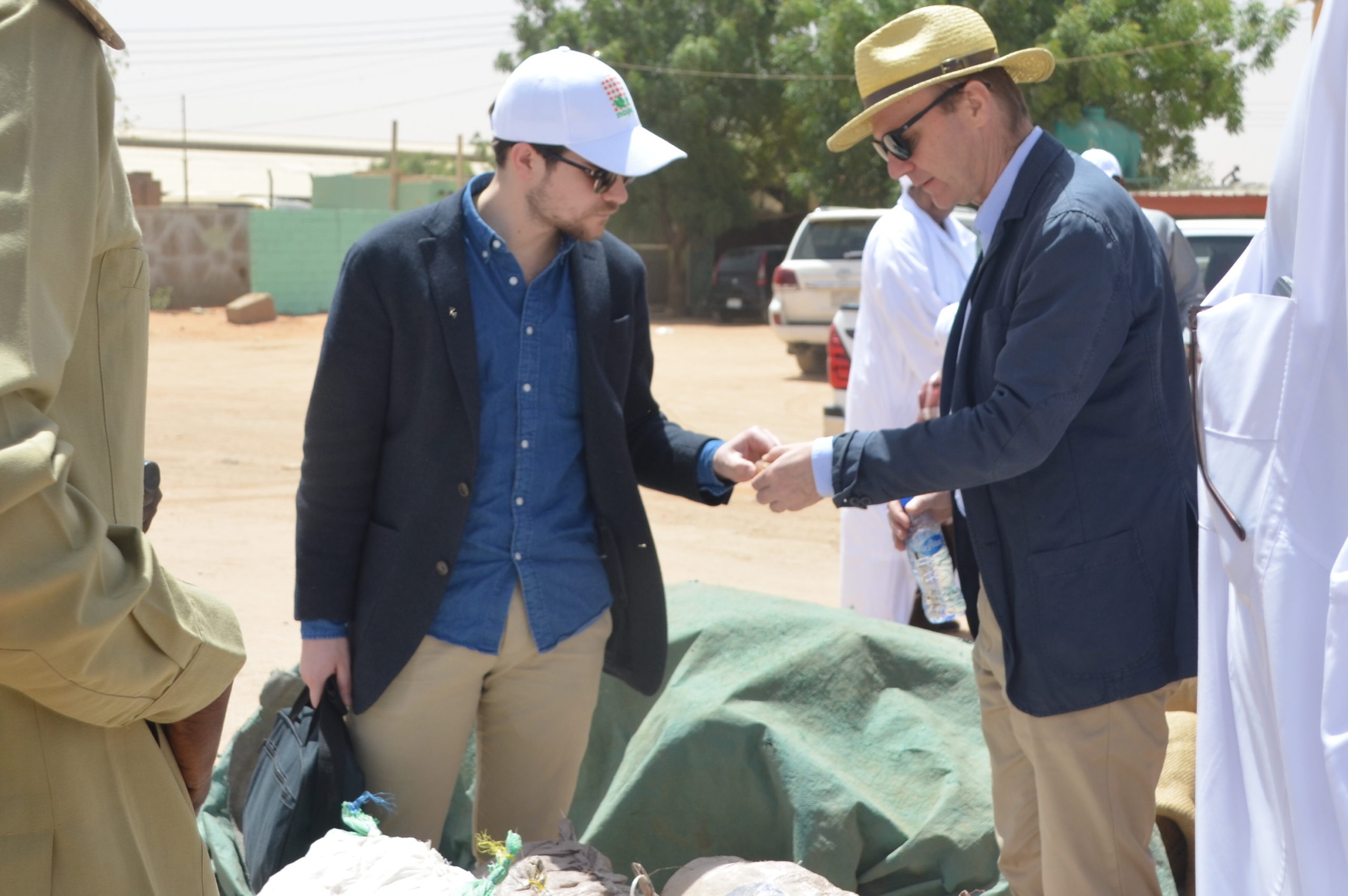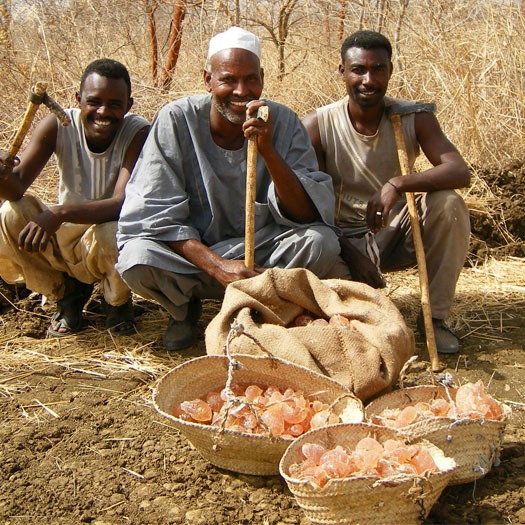Alland & Robert obtains silver rating from EcoVadis following Corporate Social Responsibility evaluation
Alland & Robert obtains the EcoVadis silver medal for its CSR performance.
Alland & Robert has been awarded the silver medal on the occasion of the annual evaluation of the EcoVadis organization
Rewarded for its Corporate Social Responsibility management system, Alland & Robert obtains the EcoVadis silver medal. This score places us among the top 25% of companies rated by the platform.
This rating assesses the CSR performance of companies according to four criteria:
- Responsible purchasing,
- Impact of the company’s activities on the environment,
- Business ethics
- Well-being of employees.

This assessement from one of the most trusted business sustainability rating agency highlights Alland & Robert commitment to put ambitious sustainability policy and objectives first, and our dedication to hard work in order to implement concrete actions and practices in our company and with our stakeholders.
The EcoVadis rating platform was created to assess CSR performance. It is based on 21 criteria and 4 main themes which are: Environment, Social and Human Rights, Ethics and Responsible Purchasing via an examination of the integration of the principles of sustainable development within the activity of each company.
This methodology is based on international sustainable development standards, in particular the Global Reporting Initiative (GRI), the United Nations Global Compact and the ISO 26000 standard. The objective is to set up an effective CSR management system, consisting of policies, actions and results reporting. In order to fully take into account the real impacts of a company, the assessment framework is adapted to each company according to its sector of activity, its size and its geographical location.
More information is available on the EcoVadis website.
Everleaf has chosen Alland & Robert for their drinks
It can be a challenge to find non-alcoholic choices that have any real flavor, quality, or character. Paul Mathew, the founder of Everleaf, created three non-alcoholic aperitifs to meet growing consumer demand.
What do they have in common? They are all made with Alland & Robert acacia gum. Paul Mathew believes this ingredient makes all the difference, giving his natural botanical blends their subtle flavor, silky texture, and full mouthfeel.
Interview of Paul Mathew, founder of Everleaf.
Why did you enter the non-alcoholic beverage market?
Paul Mathew: Today’s market is being driven by a growing demand for beverages that are non-alcoholic … but not flavor-free! The impetus for this shift is people’s improved awareness of how excessive alcohol consumption can be harmful to their health.
But even people who don’t choose to drink still want tasty alternatives with adult sophistication, especially when enjoying the nightlife in cocktail bars and clubs. But making such a drink presents plenty of challenges: a mouthfeel that’s comparable to spirits, rich, complex aromas, and visual appeal.

What does acacia gum bring to cocktails made using your Everleaf beverages?
P. M. : Acacia gum is really the ingredient that changes everything! It gives each sip a silky, delicate texture. It’s also important as a binder and lengthens the finish on the palate, leaving more time for the various flavors to unfold. When we drink wine, bourbon, or a cocktail, it awakens all our senses: sight, smell, earing, touch, and, of course, taste. The aromas evolve and the drink’s texture, thickness, or fluidity make the tasting experience complex and complete, something you don’t get with non-alcoholic beverages.
As a conservation biologist with long family ties to botany, as well as a former bartender or “mixologist,” I wanted to successfully craft non-alcoholic beverages that were truly multifaceted and delicious. My expertise in both plants and spirits helped me in creating three different beverages, and I use acacia gum in all of them as a binder and to add texture without distorting the flavors. Everleaf blends give you an experience as sophisticated as those you enjoy with alcoholic cocktails.
Why did you choose Alland & Robert?
P. M. : I always carefully select the ingredients I use: I like to know the story behind them and be confident of their origins and how they’re produced. I want to be able to tell our clients the origin of every single ingredient I put in my drinks. That’s one reason I chose to work with Alland & Robert. Their transparency, the way they care about their harvesters’ standard of living, and the longstanding relationships they forge with these workers are unlike anything else on the market.
Introducing our Company Foundation
Alland & Robert is very proud to introduce its Company Foundation, a France-based non-profit organisation whose goal is to reinforce Alland & Robert’s commitment towards the environment and the communities linked to natural gums.

Purpose
The purpose of the foundation is to initiate, support and follow various projects in line with its mission in countries where Alland & Robert operates, and more generally in the African continent where most of our raw materials come from.
Mission
The foundation’s mission is to make a difference within the communities where Alland & Robert sources natural gums. We focus our efforts on:
♦ Supporting communities through various projects related to education, health, infrastructures, women empowerment.
♦ Environment preservation and focus on the African nature and biodiversity conservation.
These projects are initiated and created thanks to the know-how of Alland & Robert, who has over 135 years of expertise in natural gums and partnerships with African communities.

Corporate Responsibility Report 2020
REPORT DOWNLOAD: Our 2020 Corporate Responsibility Report is out!
Alland & Robert works hard to be sustainable and provide our customers, clients and final consumers with natural, organic and ethic ingredients. We are strongly rooted in the Sahel where we support our suppliers, and all communities working in the Acacia and Karaya gum industries.
Our Corporate Responsibility Report is a summary of all our actions and initiatives towards sustainability. We hope it will excite and educate you on the world of natural gums!
Contact us to receive our Corporate responsibility Report 2020!
[weforms id=”2678″]
Alland & Robert may use your contact data to keep you informed of its products and services by email or by phone. You can withdraw your marketing consent at any time by clicking the unsubscribe link in such email or by sending an email to info@allandetrobert.fr.
More information on our processing can be found in our Privacy Notice. By submitting this form, you acknowledge that you have read and understand our Privacy Notice.
Alland & Robert announces verification by NON-GMO project
Alland & Robert announces verification by NON-GMO project
Alland & Robert has obtained NON GMO verification for its acacia gum references, karaya gum reference and its texturing ingredient Syndeo®.

Alland & Robert is proud to announce its Non-GMO Project Verified products are produced in compliance with the Non-GMO Project Standard. This is an important process that confirms Alland & Robert’s commitment to manufacture natural, unadulterated products, and offer the highest quality of gums.
The Non-GMO Project is a US-based non-profit organization committed to preserving and building sources of non-GMO products, educating consumers, and providing verified non-GMO choices. It is North America’s most trusted seal for GMO avoidance for consumers who are concerned about what’s in their food.

Alland & Robert CEO Frédéric Alland said: “This verification by the NON GMO project is step forward for us, and we will continue to promote the use of natural products in the food and cosmetic industries. It will help us provide more transparency to our customers looking for premium and vegetal ingredients.”
15 Alland & Robert references have been verified by the NON-GMO Project, including 13 Acacia Gum qualities. Acacia gum, or E414, is a natural, vegetal and healthy ingredient used in the food and cosmetic industries for its functional properties and a soluble fiber. Acacia gum is today found in thousands of day-to-day products all over the world.
The complete list of verified references can be found here.
SOS Villages d’Enfants opens school in Mali with Alland & Robert’s help
SOS Villages d’Enfants opens school in Mali with Alland & Robert’s help
In a country like Mali, where the secondary school enrolment rate is as low as 41.4% [1], the future seems bleak for the youth. Furthermore, this image of a difficult future is only compounded and exacerbated by the fact that 25.1 [2] of all children are subjected to forced child labour and 52% are in arranged marriages by age 18 [3]. This is why Alland & Robert supported the opening of a new school in Khouloum, built by its long-standing partner SOS Villages d’Enfants.

This ground-breaking new facility, having opened in September 2018, offers hope for the future to 315 children aged between 6 and 15 under the watchful eye of 11 full time staff. “Khouloum being located in Kayes, one of the poorest districts of Mali, SOS Villages d’Enfants soon decided specific efforts were to be provided so as to make sure all children would be granted the fundamental right to a quality education.” Says Isabelle Moret CEO of SOS Villages d’Enfants France. “Khouloum is the fourth learning facility we built in Mali and we can only hope it will match the success of our other schools .”
When approached with this project by SOS Villages d’Enfants, Fréderic Alland, Alland & Robert’s CEO, knew that something had to be done. “We have been proud corporate partners with SOS Villages d’Enfants since 2013, but when they approached us with this opportunity we knew we had to help.” He remarks. “Mali is one of the African countries where we source acacia gum, and we are committed to invest in acacia related communities.”

This school, opened to the children of the surrounding villages, caps off the village that has already been built there where children without parental support are taken care of by an SOS mother. “The school really is the culmination of this long-term project in Khouloum, as it allow us to contribute to the realization of the child’s rights convention and to the sustainable development goal #4. Indeed, children without parental care, or other vulnerable children, have the same rights to quality education as every children and must not be left behind.” Adds Matthieu de Bénazé, Head of International Programs for SOS Villages d’Enfants France.
[1] UNESCO Survey 2017 – http://uis.unesco.org/country/ML
[2] US Department of State Report 2012 –https://photos.state.gov/libraries/mali/96825/International%20Report/mali_child_labor_eng_2014.pdf
[3] UNICEF Survey 2017 – https://www.girlsnotbrides.org/child-marriage/mali/
Alland & Robert, a family success story
Alland & Robert, a familly success story
Founded in 1884, Alland & Robert has seen five generations of visionary leaders build the company’s reputation and expertise in the international acacia gum market. From Francisque to Frédéric Alland, the company has been transformed from a humble family business story to a major undisputed forerunner in the natural gums industry, exporting to 69 countries on all continents.
Recently named as Deputy General Director, 25-year-old Charles Alland is about to take over the family business. We managed to interview Charles about his vision of the acacia gum market before he headed off to Sudan to meet with our suppliers and symbolically plant a tree to mark National Tree Day.

The company has been passed down through five generations and has 134 years of expertise in acacia gum as well as other natural gums. Charles Alland, can you tell us a little bit about yourself and your family’s business tradition?
The family business was created in Paris by Francisque Alland and his partner, Alfred Robert, and they started off sourcing acacia gum in Africa to import to Europe. Over the years the company grew from strength to strength, with each generation of the family making a valuable contribution – for example, my father, Frédéric Alland, became CEO of the company in 1984. It was under his influence that Alland & Robert became widely-known on an international level. It was thanks to these visionary leaders that the business has been shaped into what it is today: a global leader in natural ingredients which now exports all over the world.
As a child I had the chance to travel to Africa many times, especially Senegal, and discovered African culture, and most importantly, its agriculture! Here I learned about Acacia trees and how they have been cultivated in Africa for thousands of years. Walking around the bush was a great way to learn about the different species of Acacias which not only look different, but also produce different types of gum!
You are in Sudan this week to meet the suppliers. What is your take on the region and the overall impact the acacia gum industry has on it?
Acacia gum production is a very important economic resource for the underprivileged populations of the Sahel and Sub-Saharan Africa, which includes Sudan. In fact, around 10 million people live directly or indirectly thanks to its production. Alland & Robert works with African populations through a range of local suppliers to help improve their working and living conditions, giving them the chance to participate in training courses, enabling access to drinking water, and providing medical care for all workers.
Through its African partners, the company is also heavily involved in providing employment and training for local women who do not have the same access to education and jobs. We have several new CSR projects in the pipeline for Sudan next year, where we will not just train the farmers to harvest acacia gum more sustainably, but also ensure they have access to vital natural resources.
For the past few years, additives have been in the spotlight – and not for the best of reasons – and consumers are becoming increasingly cautious of the products they buy. Studies show that acacia gum is one of the most natural additives available to consumers, yet very few people have heard of it. Could you tell us a bit more on what acacia gum is all about?
Acacia gum is a truly versatile product which is used in a wide variety of products, including food, beverages, cosmetics and pharmaceuticals. In fact, it is used in almost all industries! At Alland & Robert, we are convinced that acacia gum has many more undiscovered properties, particularly in terms of nutrition and health foods. Since 2012, the company has invested €400,000 in various equipment to compare different natural gums which are made of complex polysaccharide polymers.
Our researchers at the IATE and UMR laboratories carry out primary research and develop new applications in collaboration with the University of Montpellier, which has a research unit especially for agro-polymers and emerging technologies. What’s more, our new laboratory in Normandy now has an application research section where we have started to test different recipes containing acacia gum (such as drinks, sauces, pastries, etc.). The lab is a new tool to broaden our knowledge, but most importantly, to help our technical assistance team find solutions for customer issues.
Here are some photos of the trip!
Acacia Gum, The Sahel Gold
Acacia Gum, The Sahel Gold
Despite the common misconception that Africa solely consists of dry land, the African continent contains many resources with a lot of potential – one of them being acacia gum. Given that it is both present in everyday life and part of Africa’s ‘green revolution’ to transform its weaknesses into strengths, acacia gum plays an important social, economic and environmental role in the Southern Sahel countries.
Where can we find Acacia Gum?
Acacia gum has been used for medicinal, cosmetic and edible purposes for 4 millenniums and is now found throughout much of the African territory. It is produced throughout the ‘gum belt’, which extends from Senegal to Eritrea, in dry and semi-arid areas in the south of the Sahara. In fact, 95% of acacia gum was exported from Sudan, Chad and Nigeria in 2012. Acacia gum is also produced in Senegal, Cameroon, Mauritania, Mali, Niger, Uganda, Burkina Faso, Kenya and Tanzania.
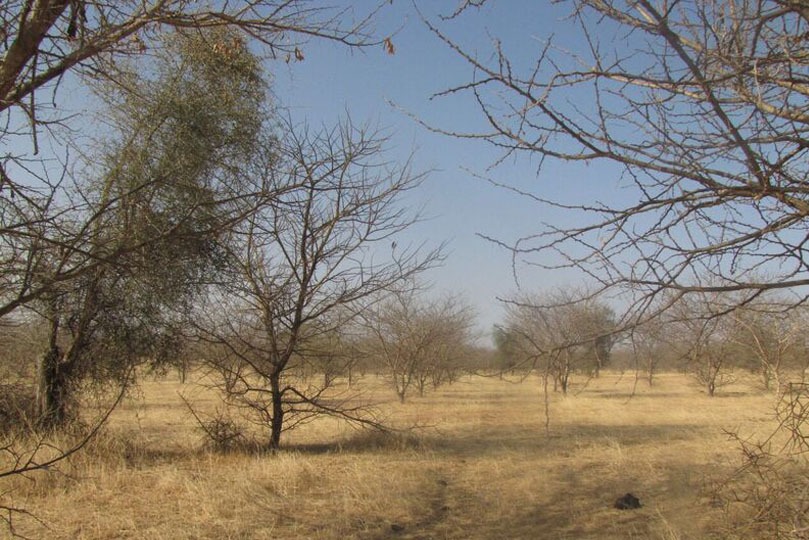
A tremendous economic resource
As well as the geographic significance of acacia gum, it is also a tremendous economic resource for poor communities living in the Sahel and sub-Saharan Africa. Here, around three million people can carry out their daily lives thanks to the acacia gum crop as it makes up a large part of the farmers’ incomes, particularly those in Sahelian areas. The acacia gum crop is brought directly to farmers and the merchant takes it directly to the market, therefore introducing vital assets into the economy and directly reinvesting the money into the market. Furthermore, the acacia gum crop gives local communities reassurance by deterring illegal organisations, whose primary motivation is the low rate of employment and income.

A very positive impact on the environment
The development of the production of acacia gum is highly recommended to stop depopulation and poverty, which are closely linked, as poverty forces people to cut down trees in order to sell wood on the market, in the hope of earning enough money to survive. The main solution is to diversify economic resources by being aware of and capitalising on the potential of the local farming that can cope with arid climatic conditions. Acacia trees prevent desertification by nourishing and fertilising soils, and as a result, acacia gum farming is doubly beneficial because it both generates an income for the farmer and aids growth for other crops.

